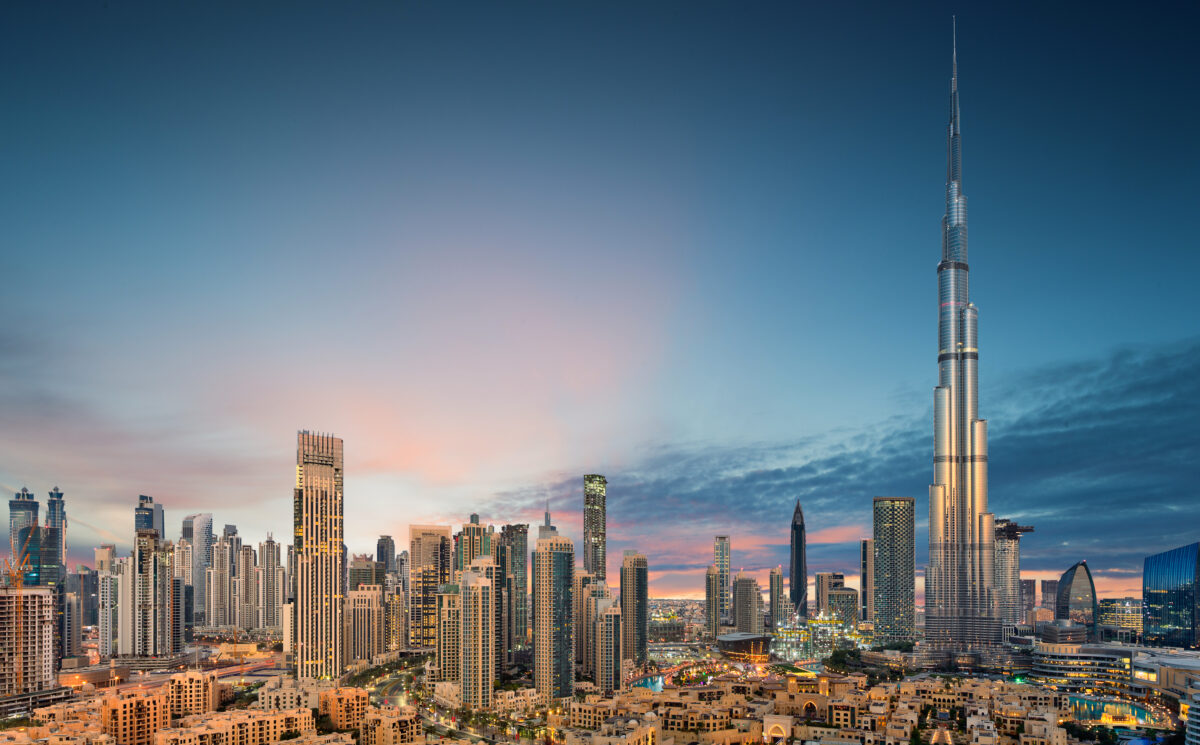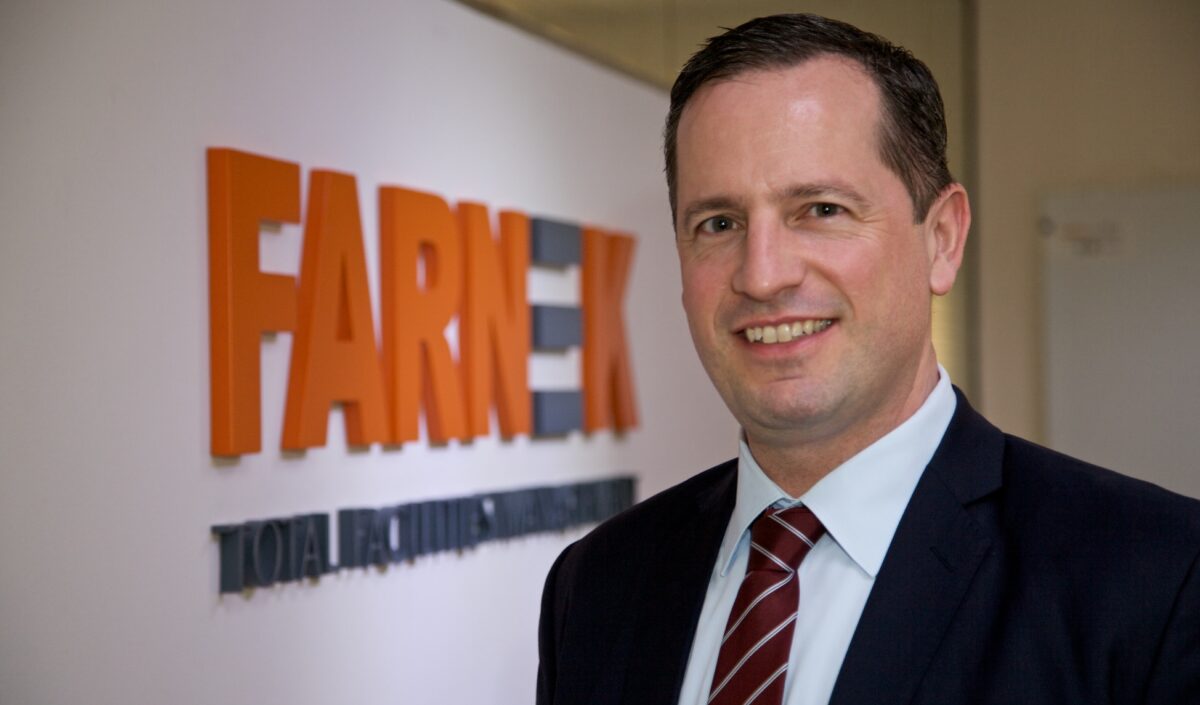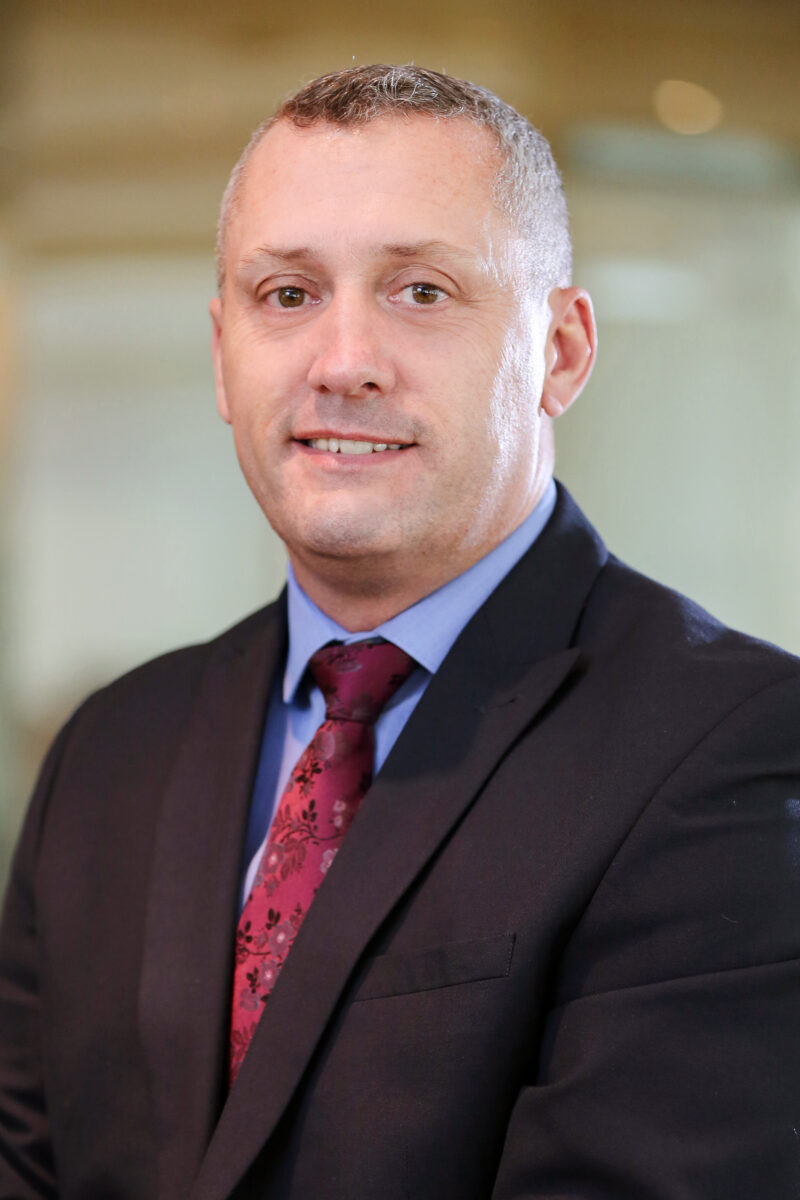The facilities management industry, or commonly known as FM, is providing maintenance support, user management and project management. The past two decades has seen it grown dramatically. Globally is worth $1.24 trillion USD, where by 2027 is projected to reach $1.62 trillion. Co-VID 19 then came along and put various nations on lockdowns. However, as much of the economies are or have reopened, coupled with the extra prioritisation of health and safety measures, FM looks to be more important than ever to protect and ensure the general public.
The facilities management industry and fintech seem to be an odd pair. But given the current push of digital transformation, which has been happening pre-CoVID 19 times, non-traditional fintech sectors such as FM have also embraced aspects of it.
In-Depth: How Dubai FM companies are adapting to innovative solutions – both fintech related and wider digital

The United Arab Emirates (UAE), which of course is home to Dubai, has a strong image of a clean and well managed city; FM of course plays a huge part of that. Before Co-VID, the UAE’s facilities management market was expected to grow at CAGR of 9 percent from 2016 – 2021, boosted by the country’s infrastructure spending. Dubai, like the rest of the world had its own lockdown but has been reopening for quite some time. The UAE as a whole has generally received very positive feedback for the way it has handled the pandemic; the FM industry has helped play a part in that.
For instance, UAE-based FM company Farnek has implemented a new contactless face recognition system to measure the temperature and monitor the attendance of its employees. In line with Dubai Municipality regulations, the system allows Farnek to check the temperature of all employees when entering and leaving their offices, or when entering and leaving external workplaces, where the technology has been implemented, reducing the threat of COVID-19 spreading. If there is an alert, the employee is denied access, isolated and Farnek management is informed instantly.

Markus Oberlin, CEO, Farnek, said, “Contactless technology is more important now than ever before as a result of the Coronavirus pandemic. The leading cause of transmission is through contact or proximity to people carrying the virus, some of whom may not show any symptoms. This system alleviates those risks. This state-of-the-art technology not only mitigates health and safety risk it also monitors staff arriving and leaving.”
Oberlin further adds, “That also has an added benefit for our customers because this data can then be aligned with customer work orders, supporting subsequent invoicing. It also reassures them that all staff entering have left the building as well. This system underscores our commitment to the safety and well-being of our employees and customers during these unprecedented times. The implementation of this innovative technology is just one of many measures we have implemented to support the UAE business community and the wider public, in containing the spread of the coronavirus.”
The system works by scanning the employees face and palm using HD thermal camera technology to give a 100% accurate temperature reading. Connected to a central system, attendance can also be monitored, and payroll updated in real-time. The system also recognises when someone is wearing a mask, therefore allowing them to be worn at all times. It has been implemented at all of Farnek’s offices in the UAE as well as client sites, including The Dubai Mall, Burj Khalifa, and Dubai International Airport.

Another leading Dubai-based FM company, Emrill, which is owned by Emaar Properties and Al Futtaim Real Estate Co. LLC and manages other premier iconic Dubai areas such as Downtown Dubai (home to the iconic Burj Khalifa and Dubai Mall) and Dubai Marina (the world’s largest man-made marina), and also provides services to one of the world’s busiest travel hubs – Dubai International Airport, has also implemented its own solutions and embraced wider digitalisation.
In response to the COVID-19 pandemic, Emrill has accelerated the use of its proprietary efficiency enhancing app across a number of communities it services. Accessible across a range of devices, the app plans the most efficient routes for housekeeping staff and has enabled the company to minimise the number of employees in an area at any given time, thereby reducing the risk of cross-contamination. All tasks carried out by employees are tracked via the app by way of geofencing and photographs taken of completed work. This data can then be accessed remotely by supervisors, who can oversee a number of projects from an offsite location without having to physically attend communities and buildings.

Stuart Harrison, CEO of Emrill, said, “Working closely with government and health authorities, we have adopted a commonsense approach. We wanted to find a solution that not only ensured we were able to continue providing services at a time when much of the country was in lockdown but that we also did so safely, minimising the risk of infection for both residents and Emrill employees. This app has enabled us to deploy fewer people to sites without any disruption or reduction in services.”
Harrison adds, “In addition to increasing efficiency, the app also offers unrivalled transparency, in that we can see where all of our employees using the app are at any time. We can not only plan routes that eradicate any overlaps but also monitor those routes in real time. Should an employee test positive for COVID-19, we will be able to see exactly where he or she has been and can use this information to check other employees in the same areas and also report the case to our client. Our efficiency enhancing app, along with the other precautionary measures we have been taking, demonstrates ensuring the health and safety of employees and residents does not have to come at the expense of efficiency and the world-class standards our clients expect.”
In addition to the app, Emrill is also widely utilising contactless thermal scanners across its sites. Employees’ temperatures are checked prior to leaving their accommodation, when they arrive at site and again when they return after their shifts. Any employees presenting symptoms of illness, including a high temperature, are immediately separated from their colleagues until such time they have been deemed fit and healthy.
Dubai is an example of how the FM industry has adapted to digital trends pre-Co-VID times and during Co-VID 19 times. Despite the uncertainties the future holds, digital transformation in sectors such as FM will most likely follow other transformation trends in the global economy.




